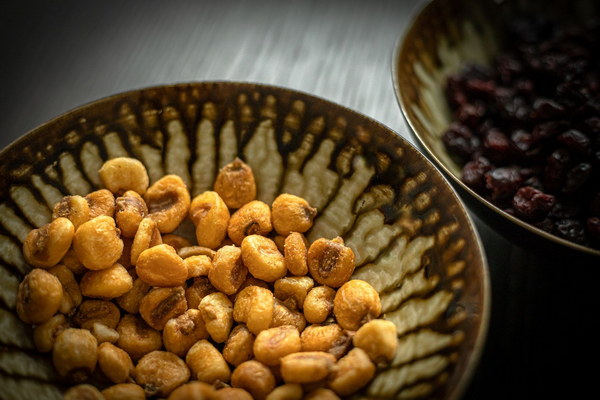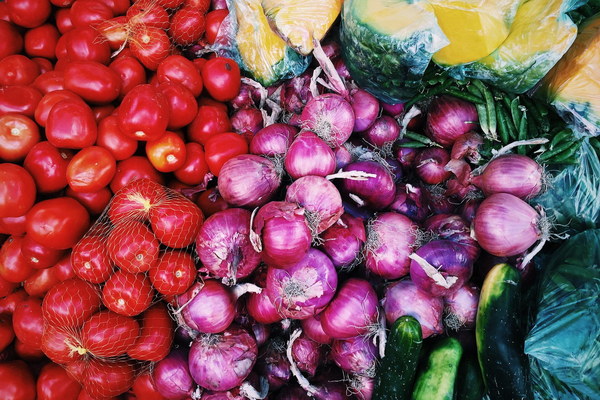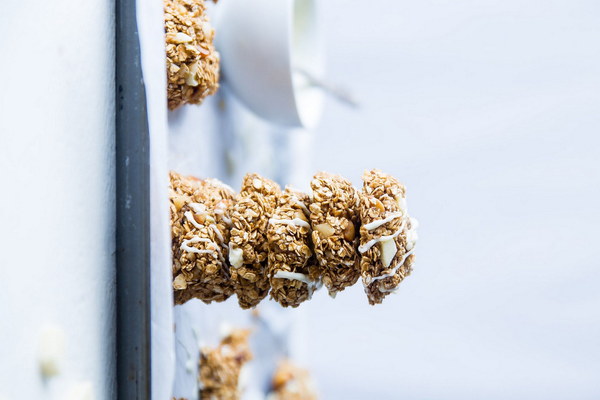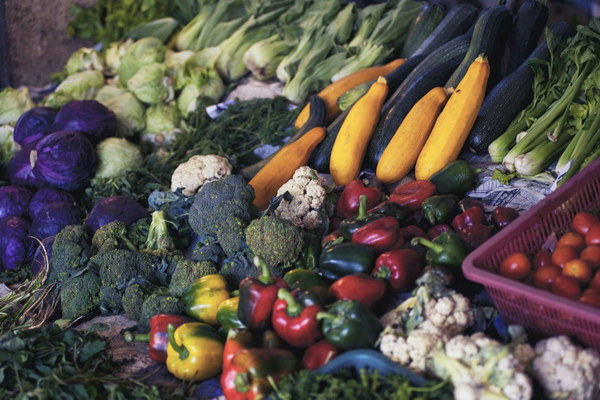Winter Wellness Essential Supplements for Women's Health
Winter can be a challenging time for women's health, with shorter days and colder temperatures often leading to a dip in energy levels and overall well-being. To combat this, it's important to focus on natural ways to boost your health during the colder months. Here are some essential supplements that can help women stay healthy and vibrant throughout the winter season.
1. Vitamin D
Vitamin D is often referred to as the sunshine vitamin, as it's synthesized in the skin when exposed to sunlight. However, during the winter, it's common for many people to experience a deficiency due to limited sunlight exposure. This can lead to a weakened immune system, increased risk of infections, and mood swings.
To ensure adequate levels of vitamin D, consider taking a supplement, especially if you live in a region with short daylight hours. Aim for 400-800 IU per day, depending on your age and health needs.
2. Omega-3 Fatty Acids

Omega-3 fatty acids are essential for heart health, brain function, and overall inflammation reduction. These healthy fats can help boost your immune system and keep your skin looking radiant during the winter months.
Fatty fish like salmon, mackerel, and sardines are excellent sources of omega-3s, but if you're not a fan or can't consume them regularly, consider taking a fish oil supplement. Aim for a daily dose of 250-500 mg of EPA and DHA combined.
3. Vitamin C
Vitamin C is a powerful antioxidant that supports the immune system, helping to fight off colds and flu. During the winter, it's even more important to ensure you're getting enough of this vitamin to keep your immune system strong.
Fruits like oranges, lemons, and strawberries are great sources of vitamin C, but a supplement can help ensure you're getting enough. Aim for 75-90 mg per day for women.
4. Iron
Iron is essential for oxygen transport in the body, and a deficiency can lead to anemia, fatigue, and weakness. During the winter, iron deficiency can be exacerbated by a lack of sunlight, which can affect the body's production of vitamin D, an essential factor in iron absorption.
To maintain healthy iron levels, consume iron-rich foods like red meat, poultry, fish, beans, and lentils. Additionally, consider a supplement containing ferrous sulfate or ferrous gluconate, especially if you have a history of iron deficiency. Aim for 18 mg of iron per day for women.
5. Vitamin B12
Vitamin B12 is crucial for red blood cell production, nerve function, and overall energy levels. It's often found in animal products like meat, fish, and dairy, so vegetarians and vegans may be at a higher risk of deficiency.
To ensure adequate B12 levels, consider taking a supplement, especially if you follow a vegetarian or vegan diet. Aim for 2.4 mcg per day.
6. Probiotics
Probiotics are beneficial bacteria that support gut health and immune function. During the winter, probiotics can help keep your digestive system strong, which is essential for overall well-being.
Consider incorporating probiotic-rich foods like yogurt, kefir, and fermented foods into your diet. If you're not a fan or can't consume these foods regularly, consider a probiotic supplement. Aim for a daily dose of 1-10 billion CFUs (colony-forming units).
In conclusion, winter can be a challenging time for women's health, but with the right supplements, you can help boost your immune system, maintain energy levels, and keep your body functioning at its best. Always consult with your healthcare provider before starting any new supplement regimen, and remember that a balanced diet and regular exercise are key components of a healthy lifestyle.









